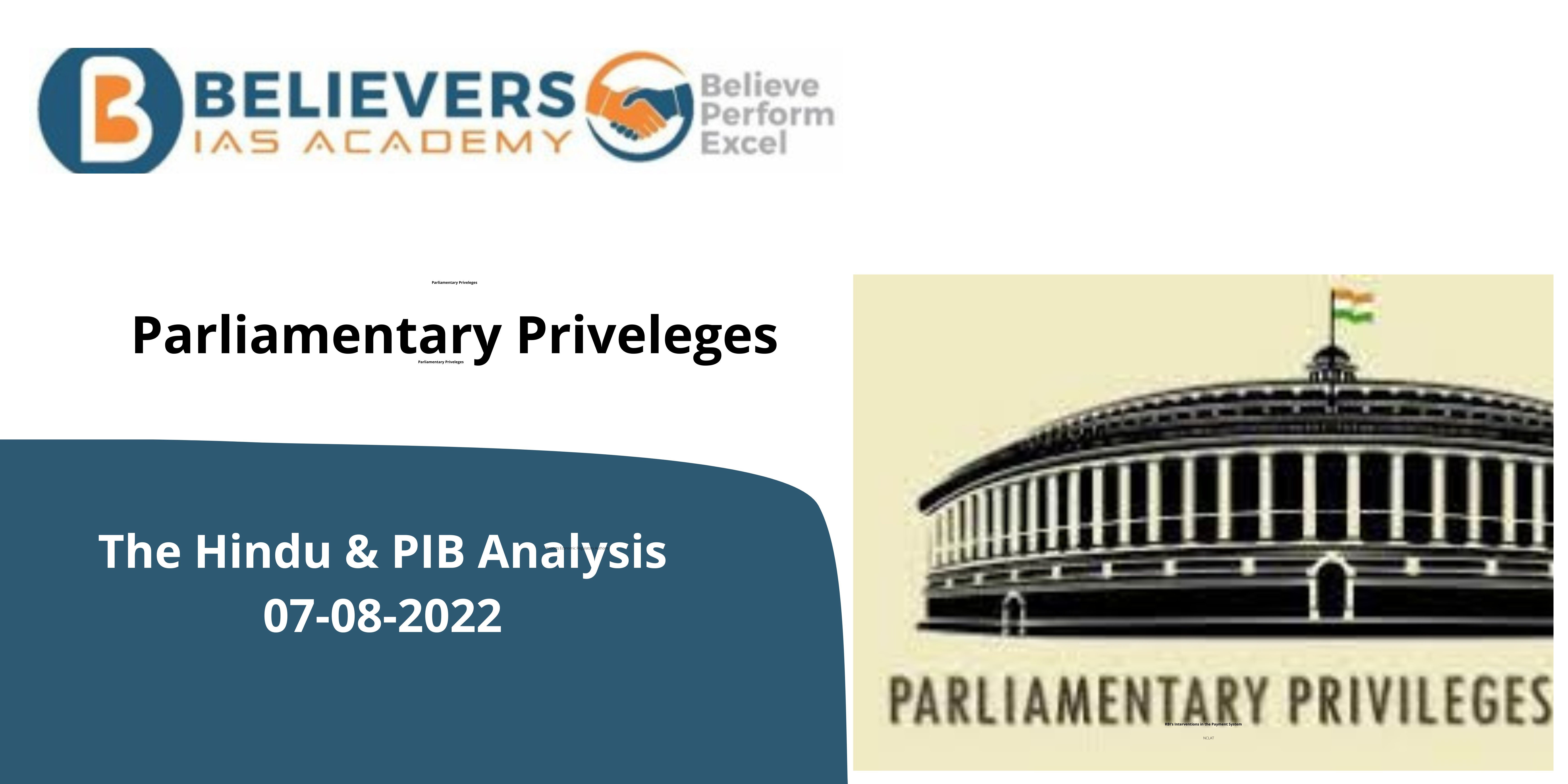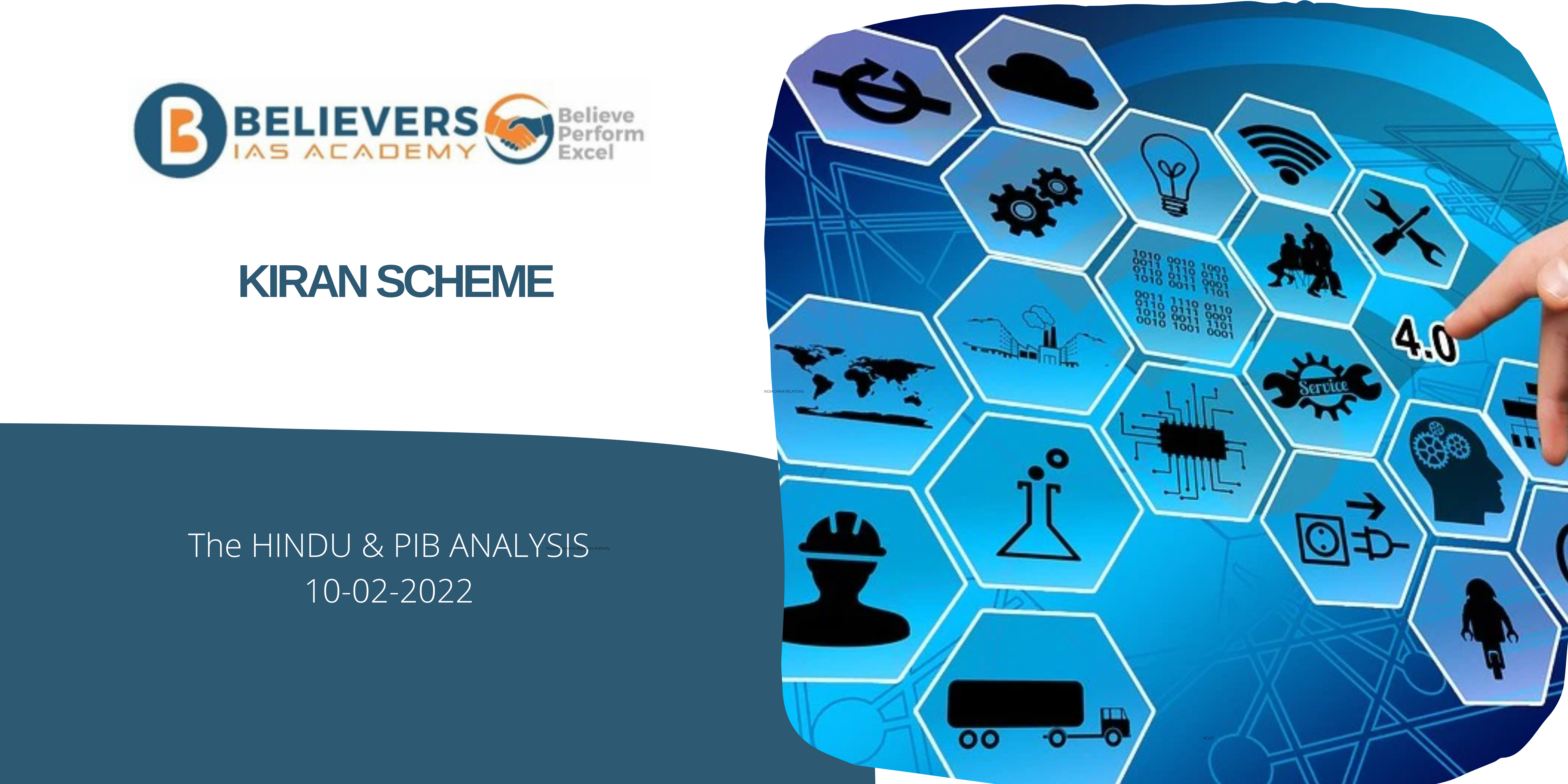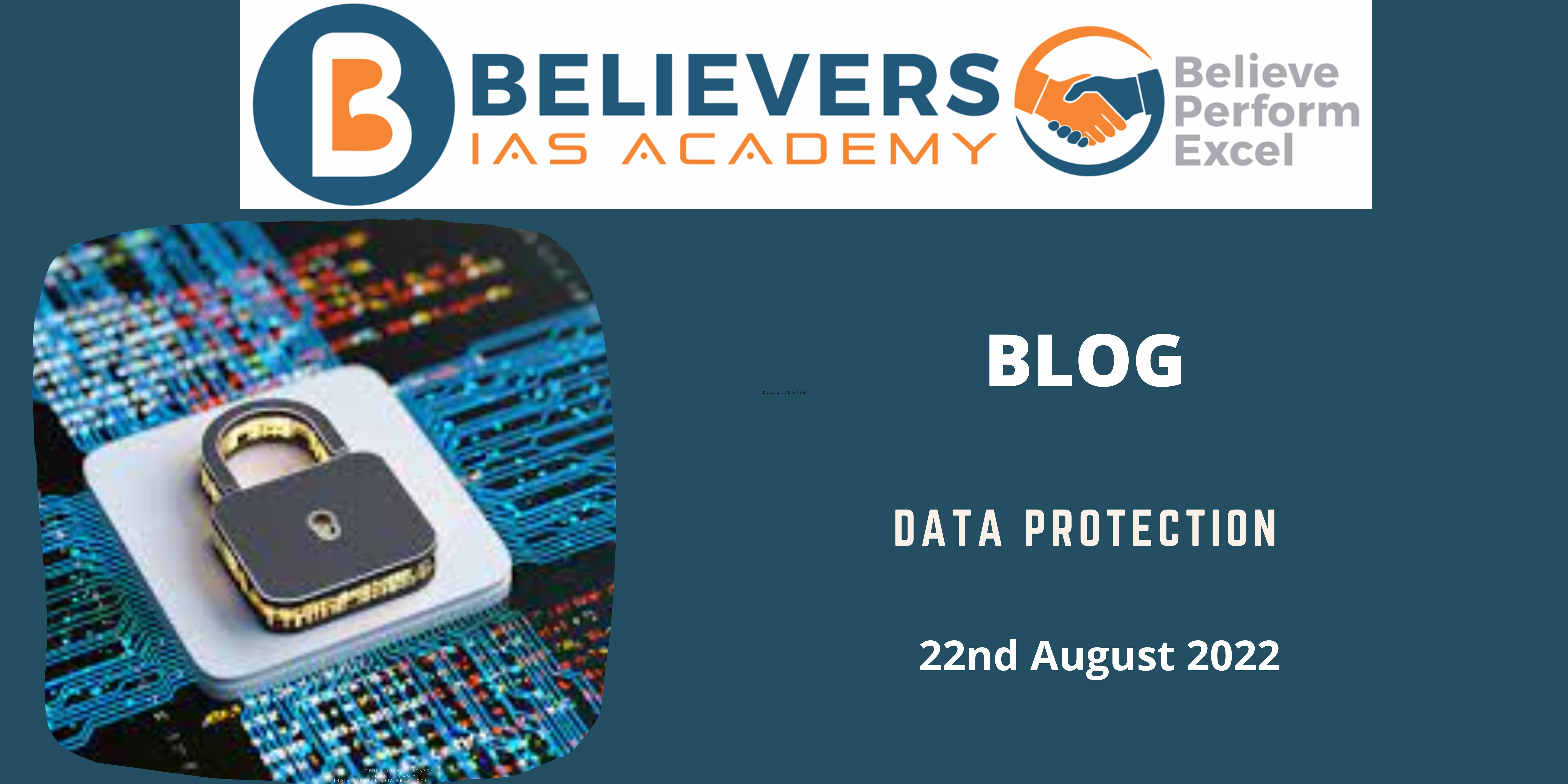Parliamentary Privileges
Context:
- Rajya Sabha Chairman M. Venkaiah Naidu said has recently held that members have a wrong notion that they have a privilege from action by investigating agencies, while the session is on.
- This immunity is available to the members only in the civil cases but not in the criminal proceedings.
About the privileges:
It can be classified into two categories:
-
Collective Privileges –
- Right to publish its reports, debates and proceedings and also the right to prohibit others from publishing the same
- It can exclude strangers from its proceedings and can have secret sittings
- It can make rules to regulate its own procedure and the conduct of its business and to adjudicate upon such matters.
- The parliament has the power to punish its members as well as outsiders for breach of its privileges or its contempt.
- The parliament has the right to receive information of the arrest, detention, conviction and release of its member
- The courts are prohibited to inquire into the proceedings of a house or its committees.
- No person either a member or outsider can be arrested and no legal process (civil or criminal) can be served within the precints of the house without the permission of the presiding officer.
-
Individual Privileges –
- The members cannot be arrested during the session of the parliament and 40 days before the beginning and 40 days after the end of a session.
- This privilege is only available in civil cases and not in criminal cases or preventive detention cases.
- The members have the immunity from any court for anything said or any vote given in the Parliament or its committees.
- They are exempted from jury service, they have the right to refuse to give evidence and appear as a witness in any case pending in a court when Parliament is in session.
Source The Hindu
For more updates, Click Here




